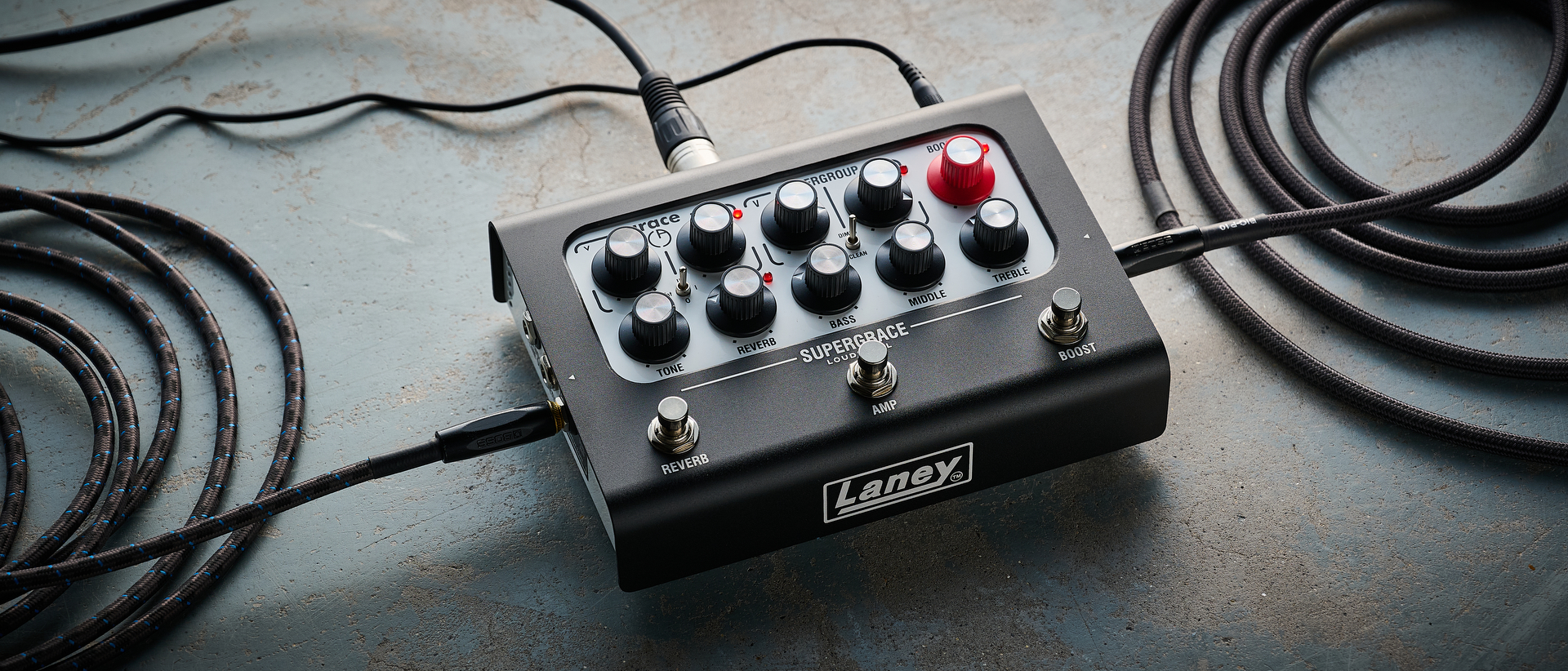“Dime had wanted to do a solo project for years… There was so much second-guessing and worrying about sounding like Pantera”: Inside the making of Dimebag Darrell’s final album
When the Abbott brothers’ main band collapsed, Dimebag’s solo record took on new meaning and became Damageplan’s New Found Power. Longtime associate and co-producer Sterling Winfield argues that triumph came out of the tragedies – even though it took fans years to realize it
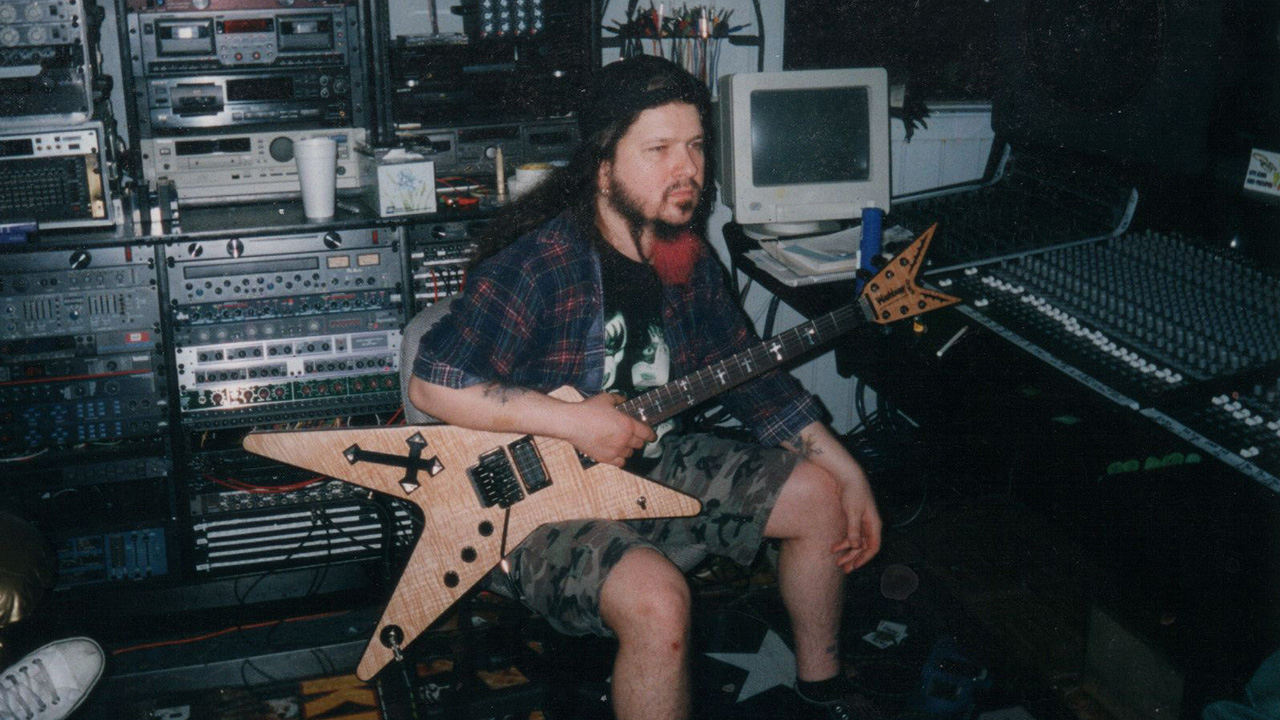
All the latest guitar news, interviews, lessons, reviews, deals and more, direct to your inbox!
You are now subscribed
Your newsletter sign-up was successful
February 10, 2024, marked the 20th anniversary of Damageplan’s New Found Power – the only album by brothers Dimebag Darrell and Vinnie Paul Abbott outside of Pantera. It began as Dimebag’s solo album but grew into a band effort when Paul joined on drums, and the siblings brought in vocalist Patrick Lachman and bassist Bob Zilla.
New Found Power was recorded over 18 months at the Abbotts’ Chasin’ Jason studio with help from producer/engineer Sterling Winfield, who had years of experience with Pantera. He’d met the musicians in 1993 and came to know them as colleagues, friends and family – a personal and professional relationship that he describes as “a seamless melding of the two things.
“One minute we were living the rock ’n’ roll lifestyle; the next we were playing putt-putt, going to the movies, or having dinner at home – Vinnie was an unbelievable cook. Dime and Vinnie walked and talked rock ’n’ roll. They were consummate professionals, but they were everyday people, too.”
Winfield considers New Found Power one of his most difficult projects for many reasons. It received minimal label support and came to a close with the tragic death of Dimebag Darrell on stage with Damageplan in 2004.
20 years on, Sterling Winfield has looked back at the making of Dimebag’s final album, and his friendship with the brothers. What follows are his recollections in his own words.
The making Damageplan’s New Found Power, by Sterling Winfield
Dime had wanted to do a solo project for years. He’d been stockpiling songs and had some good demos. Originally he was going to have guests play on it, and I was excited about the prospect of working with all these different musicians.
We’d get together at Chasin’ Jason and Vinnie came by every night to see what we were up to. He was like, “I sure want to play drums on this.” Dime would say, “I don’t want it to sound like a Pantera record. This is my record.” They would have these brotherly discussions.
All the latest guitar news, interviews, lessons, reviews, deals and more, direct to your inbox!
We used a drum machine for some of it and one of Dime’s buddies drummed on one or two songs. Finally, Dime told Vinnie, “I need you, but we’re going to do this my way.” Vinnie was totally onboard.
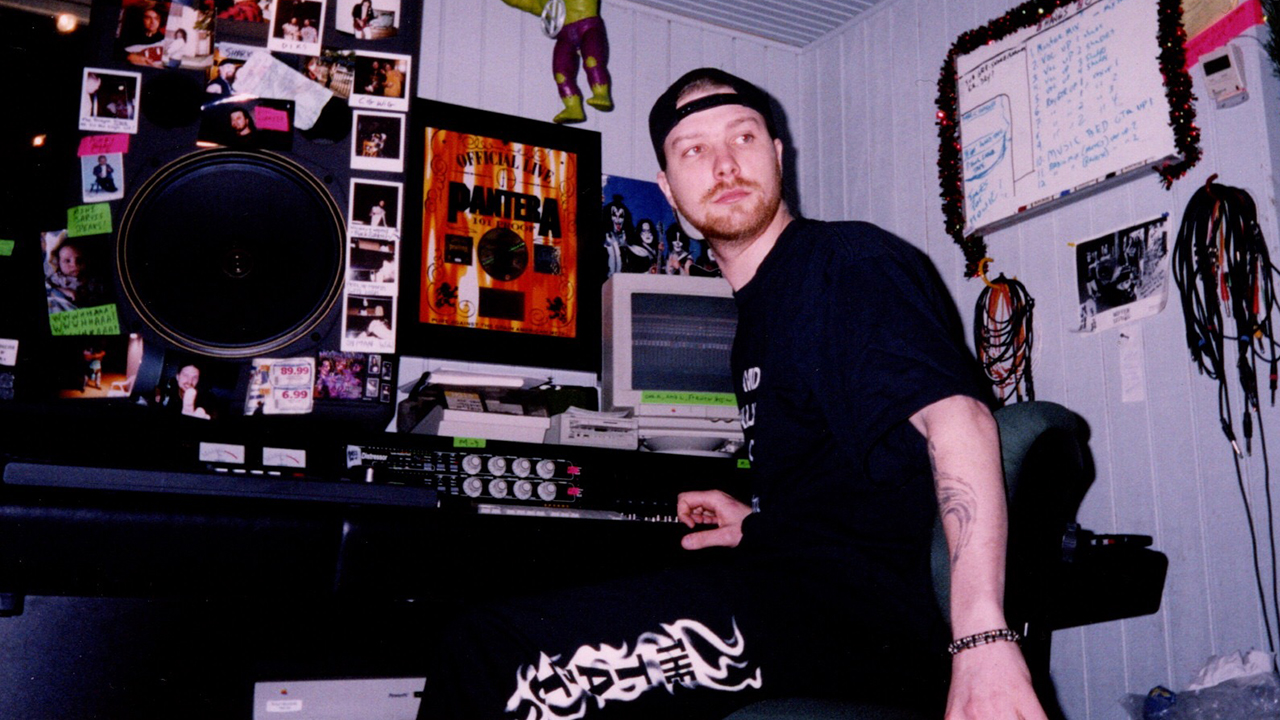
Whenever Dime and Vinnie got together in the studio, there was an unspoken organic thing that happened. They each knew how the other one worked and which musical direction to head in if one of them got stuck. As soon as Vinnie came in, things started moving forward at a quicker pace.
In 2002, we were about four songs into the project. Down was on tour; Philip Anselmo and Rex Brown weren’t answering calls. It was very odd and it got worse and worse. Things were said in the press; we didn’t know what was going on.
The atmosphere in the studio went from jovial to headstrong, tenacious and determined
That was the turning point: the brothers knew they couldn’t move forward with Pantera, and they made the very difficult decision to dissolve Pantera and continue with a new band, which became Damageplan.
It went from, “This is a fun thing we’re doing” – and Dime saying, “This is something I need to do on my own” – to, “Everything just got real serious. This has to be the best we can do.” Which it always was when working with Dime and Vinnie.
The atmosphere in the studio went from jovial to headstrong, tenacious and determined. They wanted to show the world, show the fans, that they could do this on their own.
At the same time there was a lot of sadness. Pantera was Dime and Vinnie’s baby. They nurtured it for a long time, and to not have it there anymore was difficult. On top of that, in the midst of the sessions one of our very best friends, Dave Williams of Drowning Pool, passed away.
We took a month off to deal with the loss, grief and sadness surrounding us. It was a tumultuous time, but musicians and artists know how to channel those emotions into their art.
The label wanted another gold album from Pantera, but Dime and Vinnie told them there was no more Pantera
The album took a long time to finish because there was so much second-guessing and worrying about sounding like Pantera. Dime and Vinnie were unbelievable musicians who could play anything they set their minds to, but many times we had to steer away from what sounded even a little like Pantera.
We did things intentionally to take the guys out of their comfort zones, but that took longer than what they had done normally for decades. We tried different guitars and amps, along with Dime’s usual Washburns and Randall RG100s, different rig setups, and a smaller drum kit for more punch in the low-end. We tried sequencers and effects for flavors. It was a conscious effort to steer away from anything Pantera would have done.
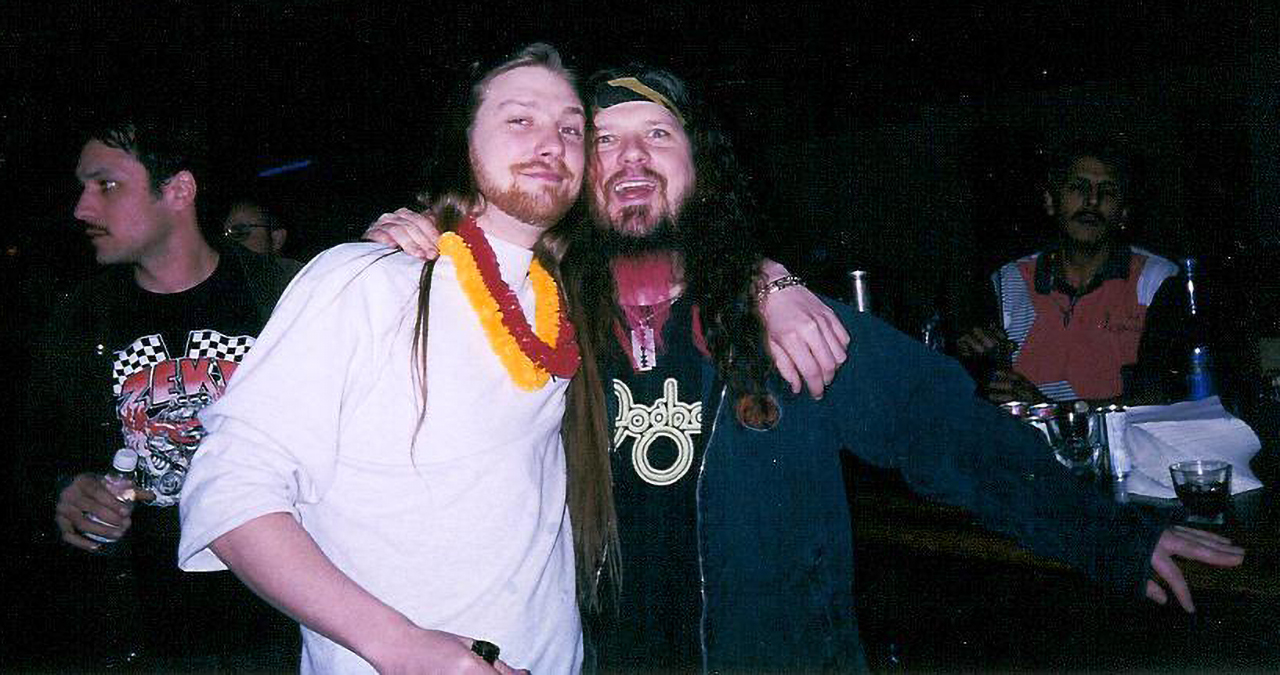
When the album came out, it had no critical success and it certainly didn’t get any help from the record label. They wanted another gold album from Pantera, but Dime and Vinnie told them at the listening party that there was no more Pantera; this was the direction the Abbott brothers were moving in.
The label did the minimum, probably thinking it would lead them to reform Pantera to continue making money – but that wasn’t going to happen. Dime and Vinnie weren’t doing it for money. They were doing it to prove a point and doing it for the fans.
I run into fans and they’ll say, ‘I went back and listened, and it’s a badass record’
Pantera fans are brutal. They’re rabid, honest, loyal – and they felt wronged and betrayed that all this bullshit had gone down and they were left with Down and Damageplan. So there was little support for the album from fans or label, with people thinking, “Pantera will be back.” And boy, they were not.
To this day, New Found Power is one of the best things I ever worked on. It’s some of Dime and Vinnie’s best playing, period. I believe it stands the test of time. As disliked as it was by loyal fans back then, today I run into some of them and they’ll say, “I went back and listened, and it’s a badass record. It’s one of my favorites.”
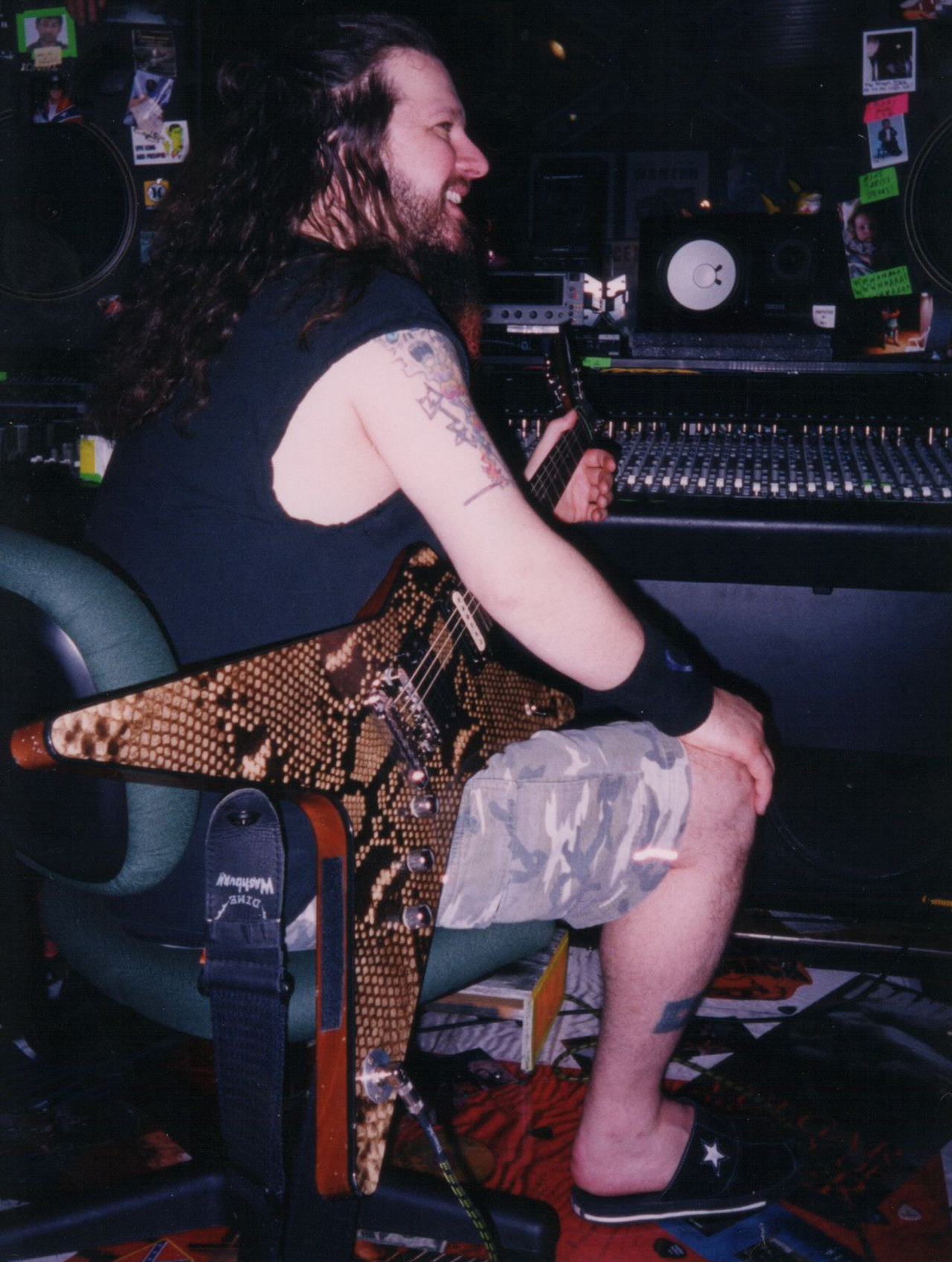
That album is like a time capsule for me. I listen to it and immediately go back to sitting in the studio with those guys. It didn’t sell a whole bunch or get a lot of attention – but I don’t care. I got to be a part of it and I’m still honored.
Dime was taken away from us that year and it was a bad time for all of us. It’s not something you want to remember; it’s not something you want to deal with, but you do. You have to talk about it, otherwise you’ll never get through it.
There’s nothing we can do about the past except try to move forward in a better way, and that’s where I am now. I look back and remember all the fun, happy stuff I got to be a part of. I’m grateful that they welcomed me into their world.
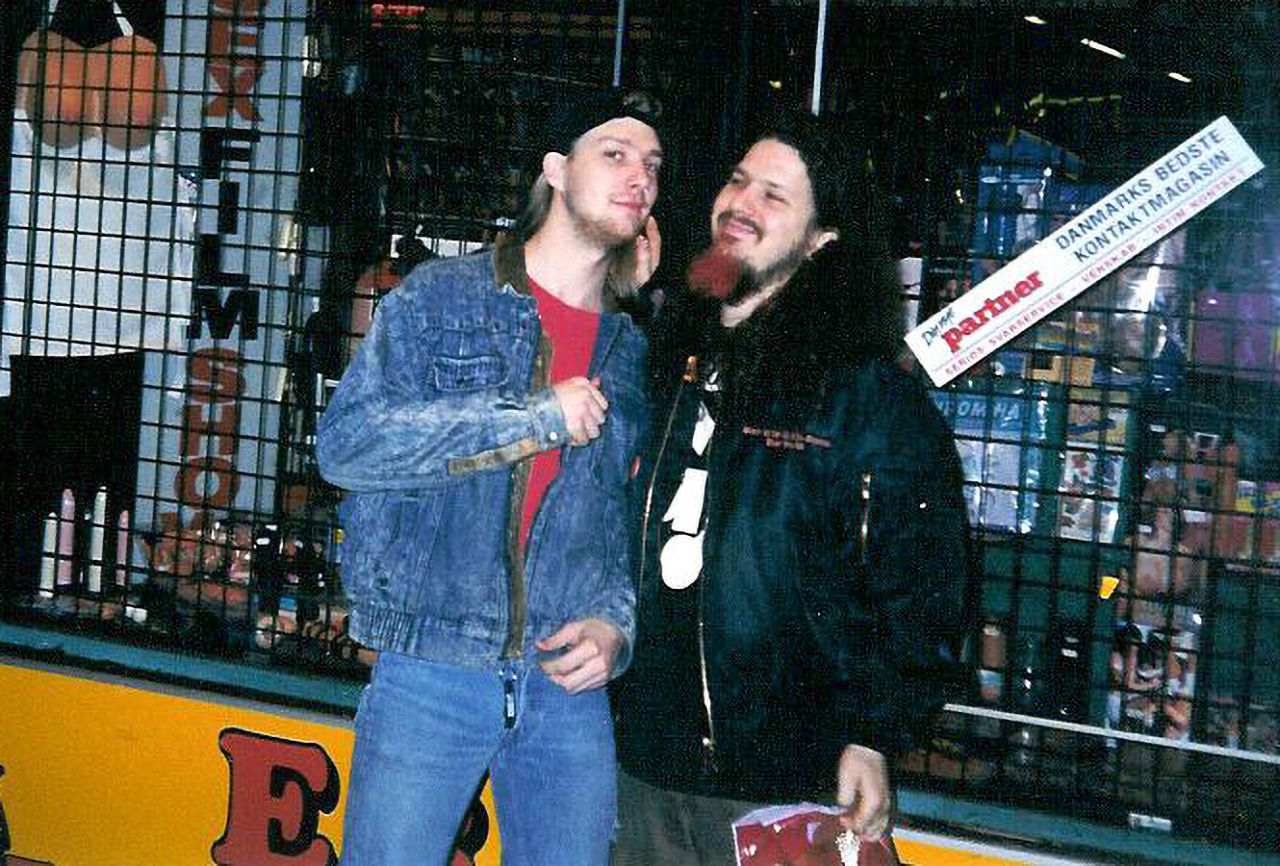
Alison Richter is a seasoned journalist who interviews musicians, producers, engineers, and other industry professionals, and covers mental health issues for GuitarWorld.com. Writing credits include a wide range of publications, including GuitarWorld.com, MusicRadar.com, Bass Player, TNAG Connoisseur, Reverb, Music Industry News, Acoustic, Drummer, Guitar.com, Gearphoria, She Shreds, Guitar Girl, and Collectible Guitar.

